Beauty News, The Innate Life
Holistic Approaches to Managing Postpartum Hair Loss
Experiencing hair loss after childbirth is a common yet distressing phenomenon for many new mothers. It’s important to understand this condition, its causes, and effective natural strategies for managing and recovering from postpartum hair loss.
Understanding Postpartum Hair Loss
Postpartum hair loss, also known as postpartum telogen effluvium, is a form of excessive hair shedding that new mothers often experience. It typically starts a few weeks after childbirth. During pregnancy, elevated estrogen levels cause hair to remain in a prolonged growth phase, leading to less shedding and fuller hair. However, after childbirth, as hormone levels normalize, a large amount of hair shifts into the shedding phase. This usually peaks around 2-4 months post-delivery and can last from a month up to a year. Though alarming, this process is temporary, and hair growth generally returns to its pre-pregnancy state.
Key factors contributing to postpartum hair loss include:
- Disrupted sleep patterns
- High stress levels
- Hormonal changes post-delivery
- Nutritional deficiencies
Persistent or unusually severe hair loss may indicate underlying health conditions such as thyroid disorders or alopecia. It’s advisable to seek medical advice in these cases.
Strategies for Managing Postpartum Hair Loss
-
Self-Compassion and Understanding Accepting that postpartum hair loss is a natural, temporary condition is vital. Avoid self-blame and understand that this is a common experience for many women post-pregnancy. This phase is not permanent, and your hair will eventually return to its normal cycle.
-
Scalp Nourishment The scalp becomes more sensitive during and after pregnancy. Gentle care and nourishment are crucial for recovery. Regular scalp massages increase blood circulation, promoting hair growth. Using natural oils and serums can provide the necessary nutrients and hydration to rejuvenate your hair follicles. Avoid harsh chemicals and choose natural, gentle hair care products.
-
Care for Existing Hair While addressing hair loss, it’s also essential to take care of the hair you have. Use gentle, moisturizing products to strengthen your hair and prevent breakage. Consider hair masks, natural oils, and leave-in conditioners. Avoid tight hairstyles and harsh treatments that can exacerbate hair loss. Silk or satin pillowcases can also be beneficial in reducing hair breakage during sleep.
-
Personalized Hair Care Each individual’s hair and scalp are unique, especially during and after pregnancy. Be aware of the ingredients in your hair care products. For instance, certain essential oils, while beneficial for some, might not be suitable during breastfeeding or for certain skin types. Consulting with a healthcare professional or a trichologist can provide personalized advice suited to your specific needs.
A list of essential oils to be cautious with during pregnancy and breastfeeding includes:
- Blue Cypress, Camphor, Carrot Seed, Mugwort, Myrrh, Nutmeg, Oregano, Parsley, Peppermint, Pennyroyal, Rue, Sage, Tansy, Tarragon, Thuja, Wormwood (linked to decreased milk supply)
- Aniseed, Anise star, Basil, Cinnamon, Clove, Cumin, Fennel, Hyssop, Juniper, Oregano, Pennyroyal, Rosemary, Savory, Sweet birch, Thyme, Wintergreen (potential triggers for uterine contractions)
Conclusion
Understanding the nature of postpartum hair loss and approaching it with patience and natural, gentle care methods can significantly aid in your recovery journey. Embracing a holistic approach that includes both physical and emotional well-being is key.

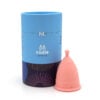


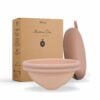


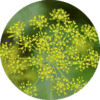



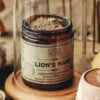






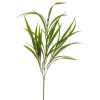

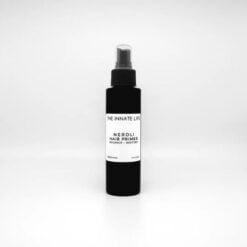
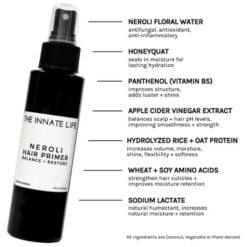

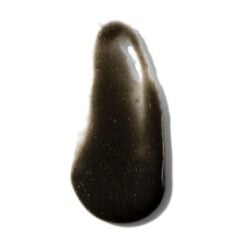

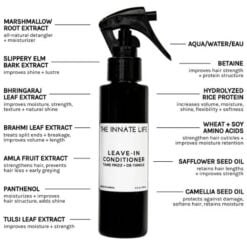


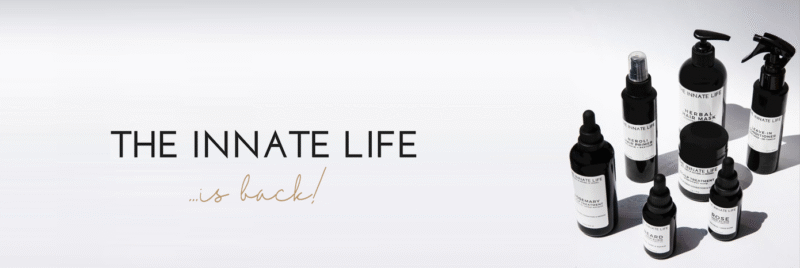







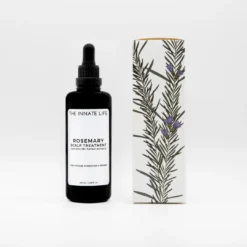


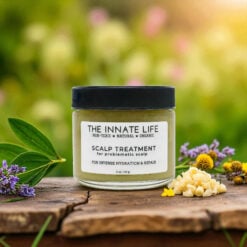
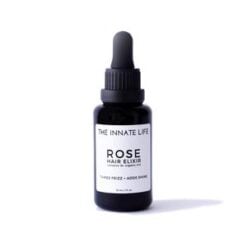

 Beauty Products
Beauty Products By Skintype
By Skintype Brands A-Z
Brands A-Z Wellness
Wellness Health / Nutrition
Health / Nutrition